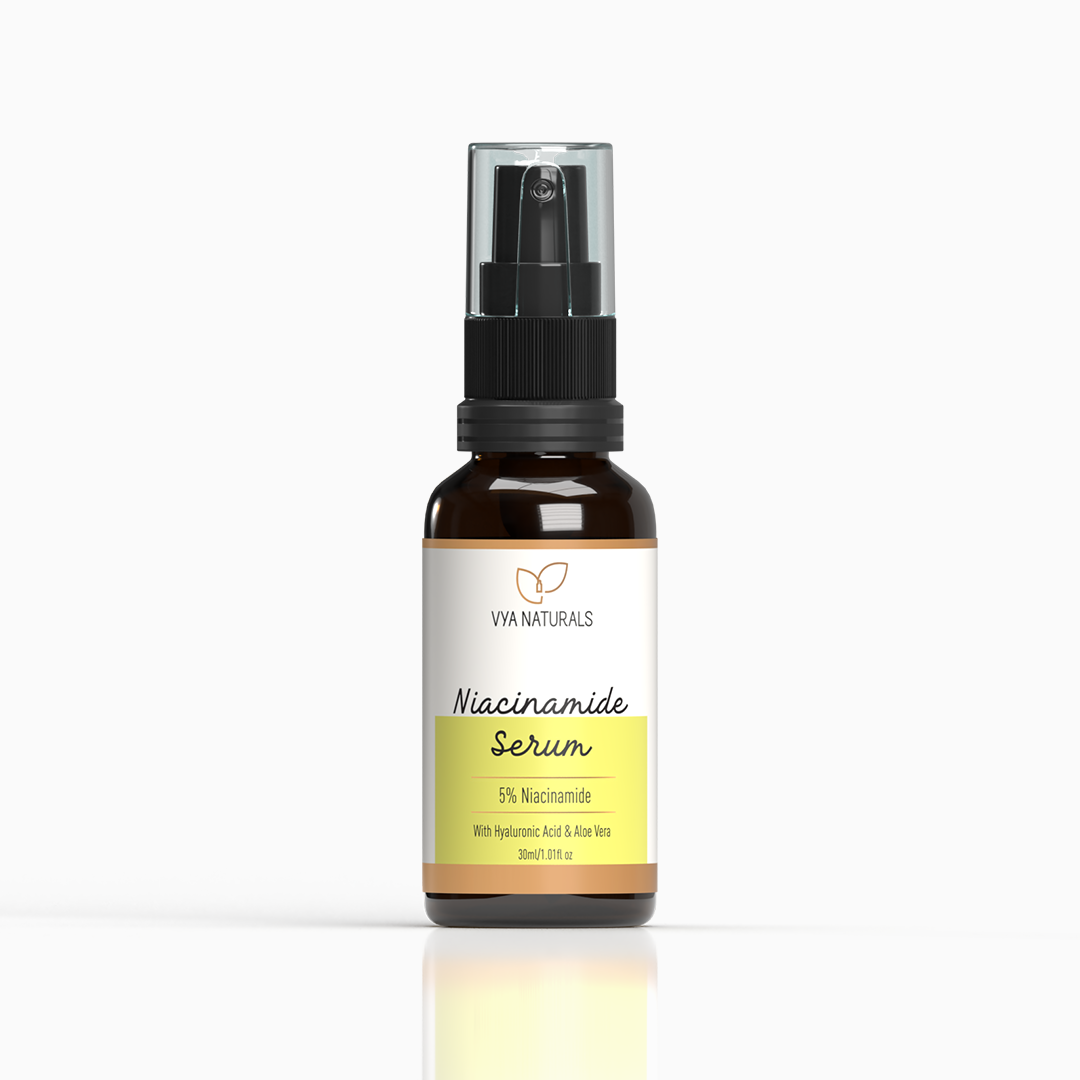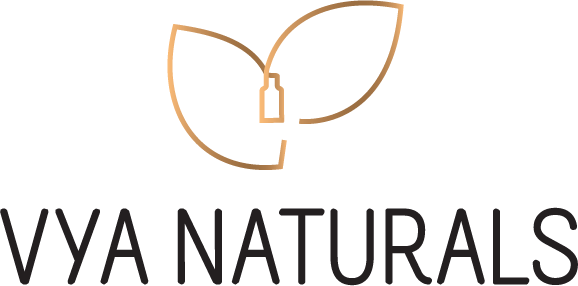Oily skin can be caused by a number of factors. Essentially, oily skin is the result of increased sebum production, leading to clogged and enlarged pores.
Oily skin is characterized by the following:
- Your skin feels oily to the touch when you wake up in the morning
- Your skin is shiny a few hours after cleansing and can appear greasy later in the day
- You have enlarged pores and a tendency towards acne or pimples
- Makeup tends to “slide off” your face after a few hours
Take a look at your T zone (your forehead and nose)- This part of your face has more sebaceous glands. If it looks oily while the rest of your face has normal or dry skin then you have what is called “combination” skin.
Oily skin is caused when the sebaceous glands in our skin produce excess oil or sebum. This sebum along with sweat is pushed through the pores of the skin.
If you have oily skin you have higher chances of clogged pores resulting in blackheads, pimples and acne.
The backbone of all skincare routines is CTM - an acronym for CLEANSING, TONING, MOISTURIZING.
HERE IS THE BEST SKINCARE ROUTINE FOR OILY SKIN

MORNING ROUTINE - morning routines are all about protection
CLEANSE:
- Wash your face with a gentle, non foaming, sulphate free cleanser. A common mistake made by people with oily skin is to use a harsh cleanser that completely strips their skin of its natural oils.
- A good way to check if your cleanser is suitable for your skin is to test your skin after cleansing. It should feel as if the excess oil has been removed but it should still feel nourished and moisturized.
- That “squeaky clean” feeling is NOT a good thing where skincare is concerned.
Here’s a face wash loaded with ingredients like Turmeric, Basil and Tea Tree which is great for oily and acne prone skin.
TONE:
- Oily skins love toners. Avoid toners formulated with alcohol as they excessively dry out your skin (read labels - they can be listed as SD alcohol 40, denatured alcohol, ethanol, and isopropyl alcohol)
- The best toner for oily skin should contain oil free ingredients and antioxidants like Glycolic Acid or Vitamin C
MOISTURIZE:
- Do not skip moisturizers if you have oily skin. Instead choose a moisturizer that is lightweight and which will not clog your pores.
- Take a small amount and apply an even layer on your face and neck.
We recommend our Multi-Peptide Moisturizer for Collagen Boost.
SPF PROTECTION:
- Apply a generous amount of sun protection on your face and neck (dermatologists recommend min ½ teaspoon of fluid for an average sized face).
- Select a broad spectrum sunscreen with minimum SPF 30 (UVB ray protection) and PA rating +++ (UVA ray protection)
EVENING ROUTINE - evening routines are all about recovery

CLEANSE:
as above
TONE:
as above
SERUM:
- Introduce a serum into your evening skincare routine - one with antioxidants like Vitamin C is ideal.
- If your skin is feeling dehydrated you can pat on a thin layer of a Hyaluronic Acid Serum. (And yes it IS possible for oily skin to be dehydrated!
Read our previous blog on the subject (if you want more information about this). Vya Naturals Vitamin C Serum and Hyaluronic Acid Serum are easy to apply, light weight and effective.
SPOT TREATMENT:
If you have been recommended a spot treatment for acne now would be a good time to apply it.
MOISTURIZE:
As above. You can choose to use a heavier moisturizer in the evening should you wish to, especially if you sleep in an artificially cooled or heated room.
ADD ON TO THE BASIC ROUTINE FOR OILY SKIN:
If you have mastered the basic skincare routine for your oily skin but would like to take it a step further, here are some things you could try.
EXFOLIATION:
- Your skin cells have a life cycle. Old skin cells are replaced by new ones. This process is called exfoliation and it occurs naturally in our bodies. However by the time we reach our 30’s this process slows down. Old skin cells sit for longer on the surface of our skin making it look duller.
- Select a scrub that is non abrasive and gentle on the skin. Avoid scrubs containing crushed walnut kernels as these create micro tears in the skin. Plastic micro-beads are easier on the skin but tough on the environment.
- So look for natural anti-inflammatory and antibacterial ingredients like turmeric, neem and besan in your exfoliant.
- Include exfoliation once or twice a week into your skincare regime.
CLAY MASKS:
- Oily skins love clay masks. Clay masks absorb excess oils and help to mattify your skin.
- As always, remember to moisturize after treating your skin to a clay mask.
- Once a week is perfect for a clay mask. You can also use a charcoal mask in place of a clay mask.
RETINOLS:
- Retinols are derivatives of Vitamin A
- Your dermatologist might recommend a retinol based product if you have excessively oily skin.
- Retinols help to reduce sebum, increase cellular turnover, and improve pigmentation. They also keep acne at bay.
TO SUMMARIZE
- Oily skin can be stressful because of the associated breakouts and acne that come with it.
- The best way to tackle this is to have a simple, consistent skincare routine that contains the right ingredients and which works with your skin instead of against it.
- Diet and stress are two factors that also impact your skin. A diet rich in green leafy vegetables and fresh fruit is high in antioxidants and has been shown to reduce inflammation and sebum production. Reducing your intake of simple sugars also improves the overall health of your skin.


